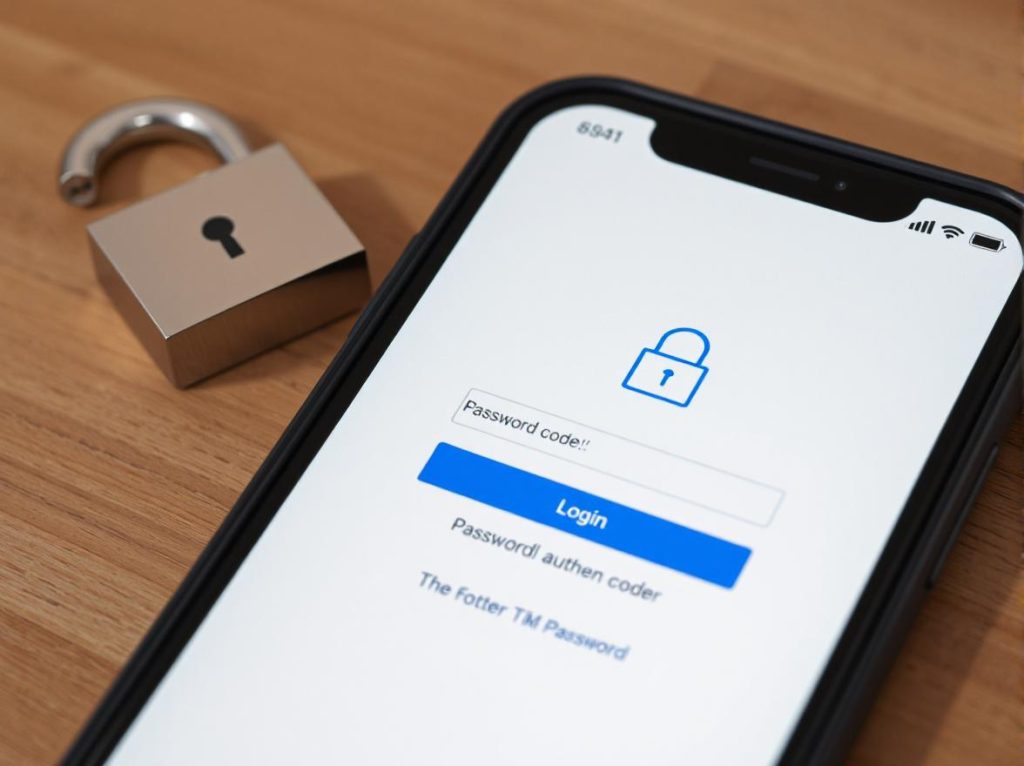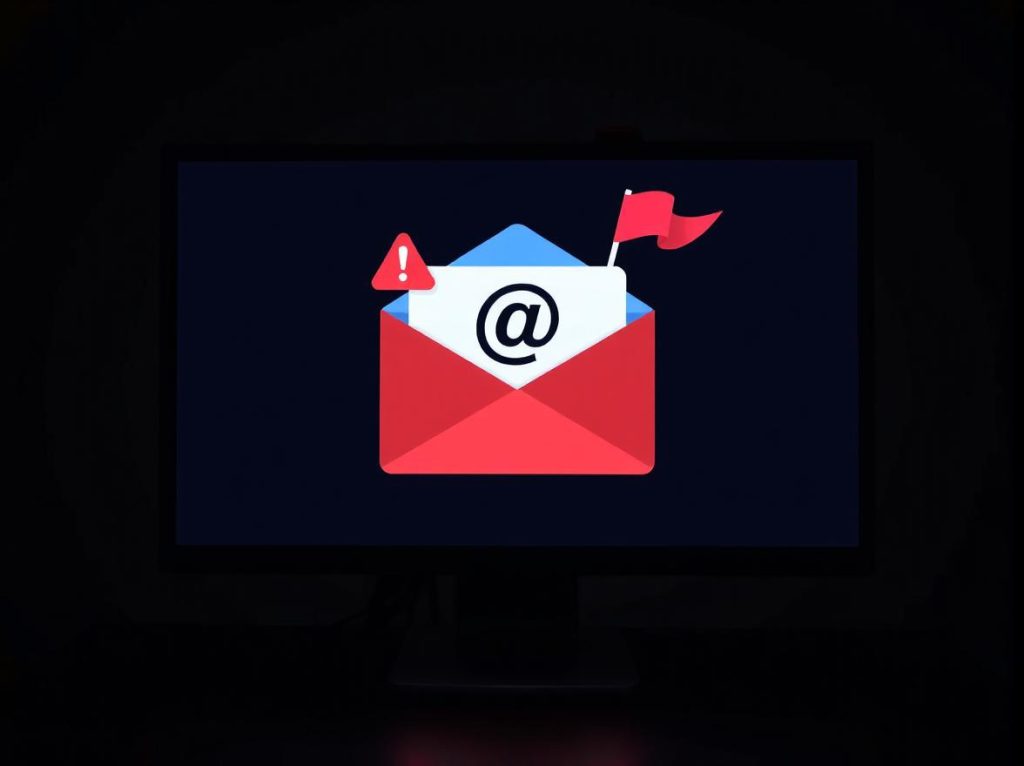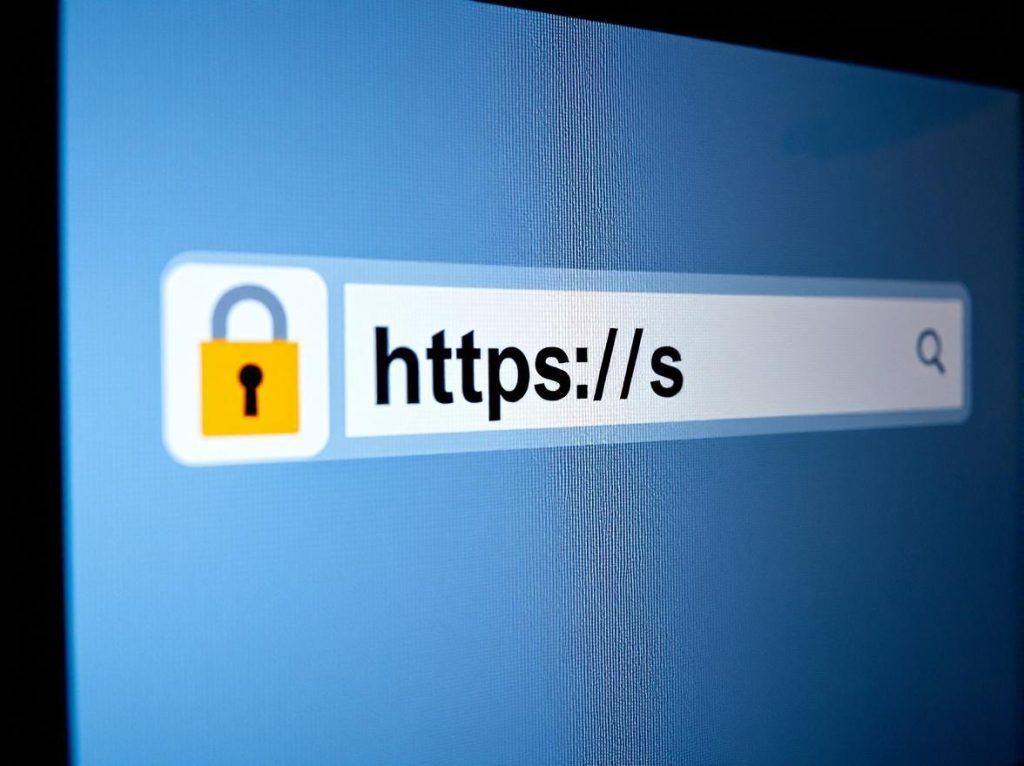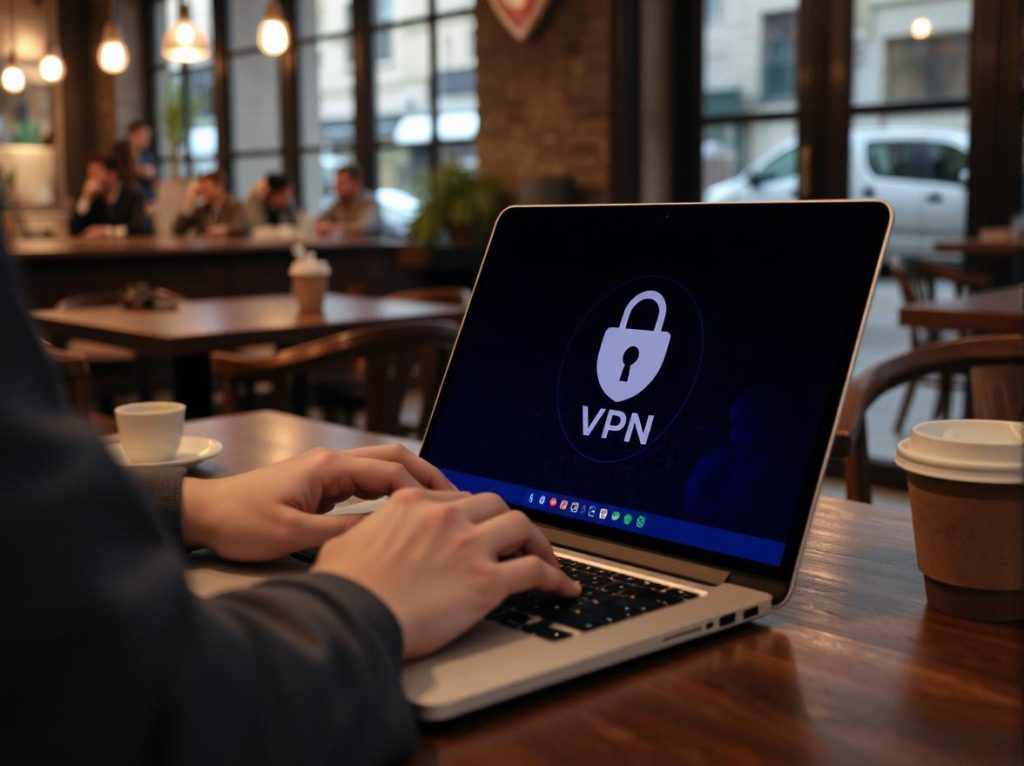In today’s digital age, safeguarding personal information online is more important than ever. With the increasing use of social media, online shopping, and banking, it’s easy to unknowingly expose yourself to cyber threats. Here are some essential tips to help you protect your personal information online

1. Use Strong and Unique Passwords
A strong password is your first line of defense. Avoid using easily guessed passwords like “123456” or “password.” Instead, opt for a combination of uppercase and lowercase letters, numbers, and special characters. For added security, use unique passwords for each of your online accounts. Consider using a password manager to help you manage and generate complex passwords.
2. Enable Two-Factor Authentication (2FA)
Many websites and apps offer two-factor authentication, an added layer of security that requires you to provide a second form of verification, such as a code sent to your phone. Enabling 2FA can help prevent unauthorized access to your accounts, even if someone manages to obtain your password.

3. Be Cautious with Personal Information
Limit the amount of personal information you share online. Avoid oversharing on social media platforms, and be mindful of the details you disclose in public forums or comments. Cybercriminals can use seemingly harmless information to guess your passwords or impersonate you.

4. Use Secure Websites
Always ensure that the websites you visit are secure, especially when making purchases or entering sensitive information. Look for the “https” in the website’s URL, where the “s” stands for secure. Also, check for a padlock symbol in the address bar to confirm the website is using encryption to protect your data.
5. Update Your Software Regularly
Keeping your software up to date is crucial to protecting your personal information. Developers often release updates to patch security vulnerabilities. Ensure that your operating system, browsers, apps, and antivirus software are all updated to reduce the risk of cyberattacks.
6. Be Wary of Phishing Attempts
Phishing scams are a common tactic used by cybercriminals to steal your personal information. Be cautious when receiving unsolicited emails, messages, or pop-up ads that ask you to click a link or provide personal details. Always verify the sender’s information before clicking on any links or downloading attachments.

7. Use a Virtual Private Network (VPN)
When accessing public Wi-Fi networks, use a VPN to encrypt your internet connection. A VPN can help prevent hackers from intercepting your data, protecting your personal information from prying eyes.
8. Monitor Your Accounts and Credit Reports
Regularly check your bank statements and credit reports for any suspicious activity. If you notice anything unusual, report it immediately. Many credit monitoring services are available to help you keep track of your financial health.
9. Be Cautious with Apps and Permissions
Before downloading apps, read the reviews and check the permissions they ask for. Avoid granting unnecessary permissions, such as access to your camera or location, unless the app requires it for functionality. Consider uninstalling apps that you no longer use.
10. Educate Yourself and Stay Informed
Cybersecurity is constantly evolving. Keep yourself informed about the latest online threats and security measures. Regularly educating yourself can help you stay one step ahead of cybercriminals.
By following these steps, you can significantly reduce the risk of your personal information being compromised online. Stay vigilant, be cautious about what you share, and take the necessary precautions to protect yourself in the digital world.
Follow and stay updated with our work through various channels
Facebook : Baan Tee Chai
Email : baanteechai@gmail.com
